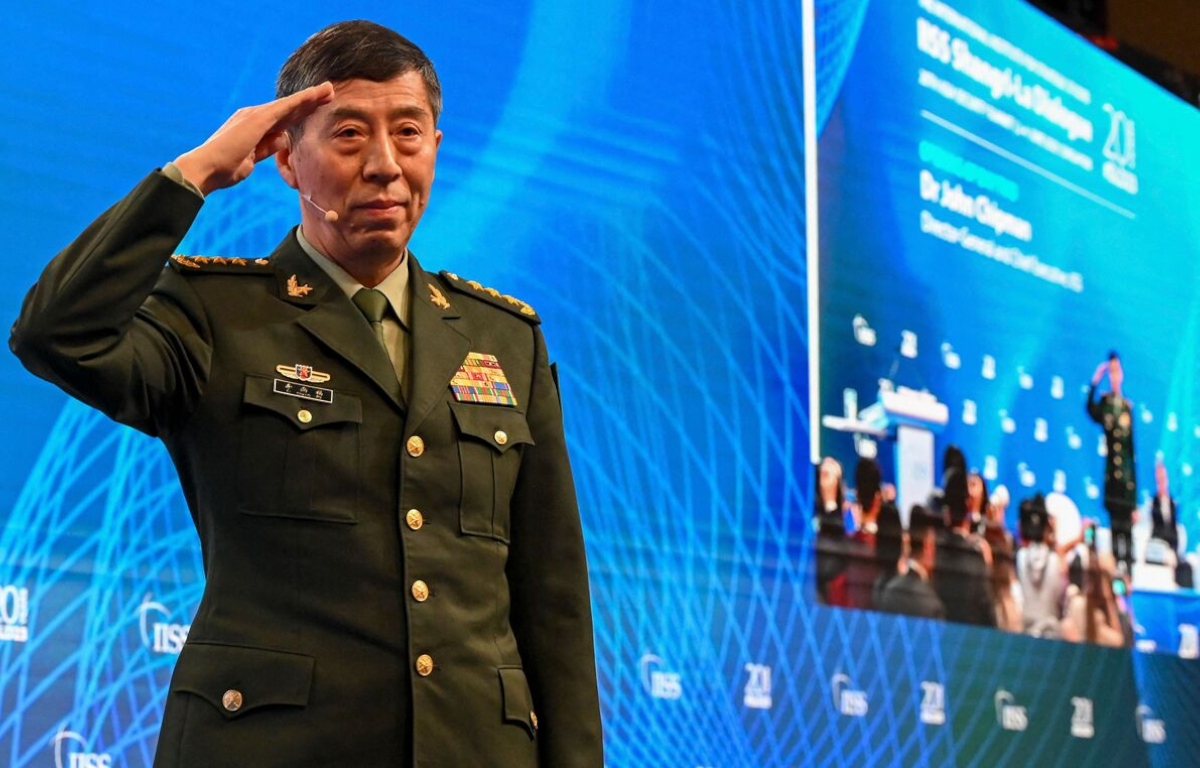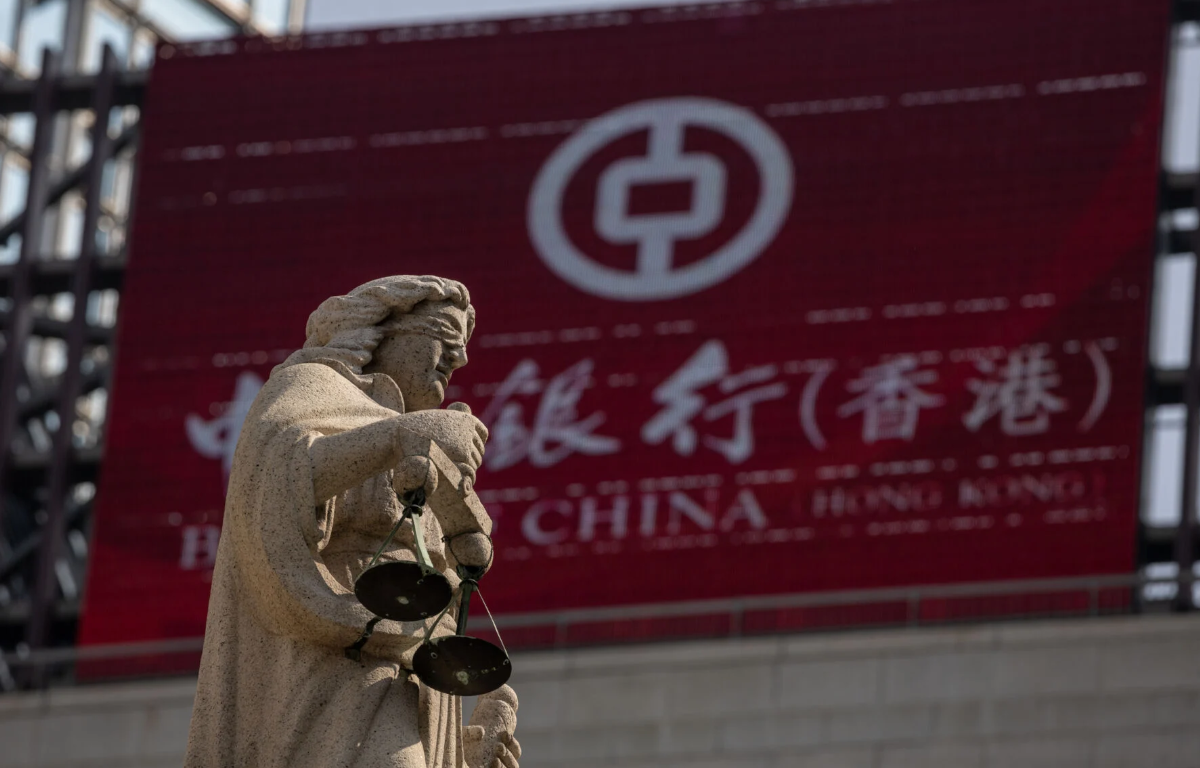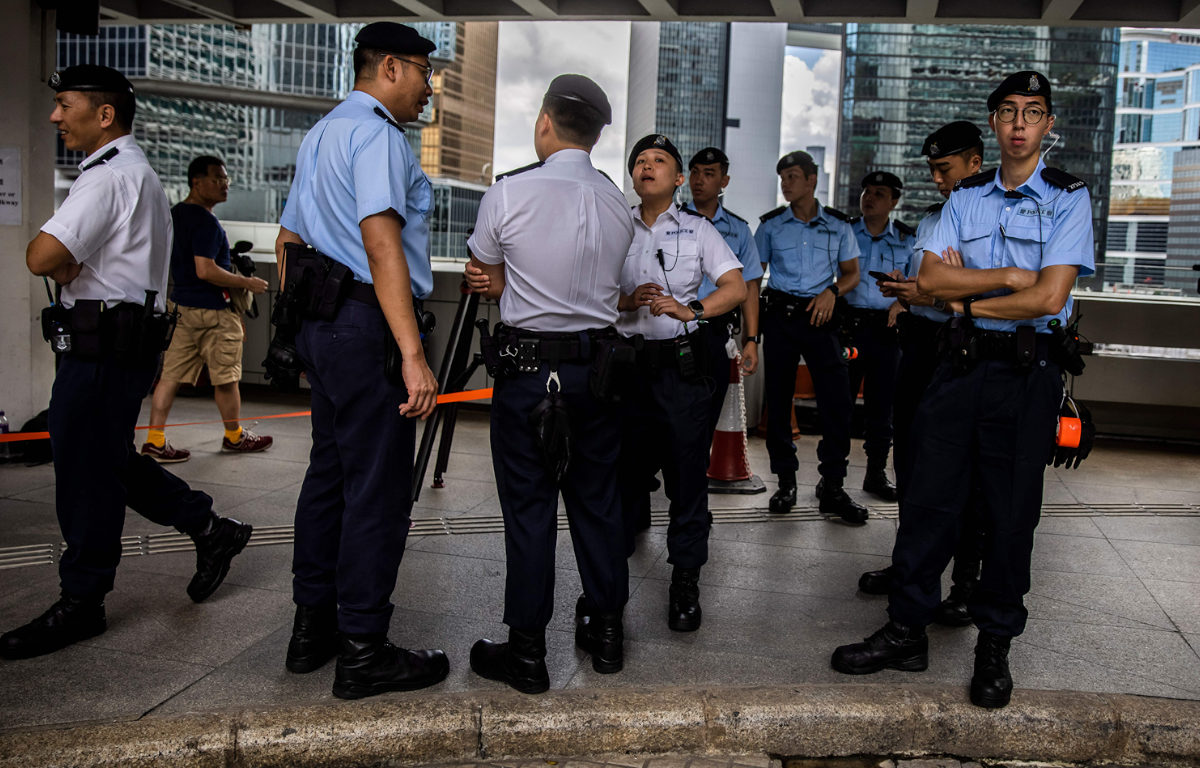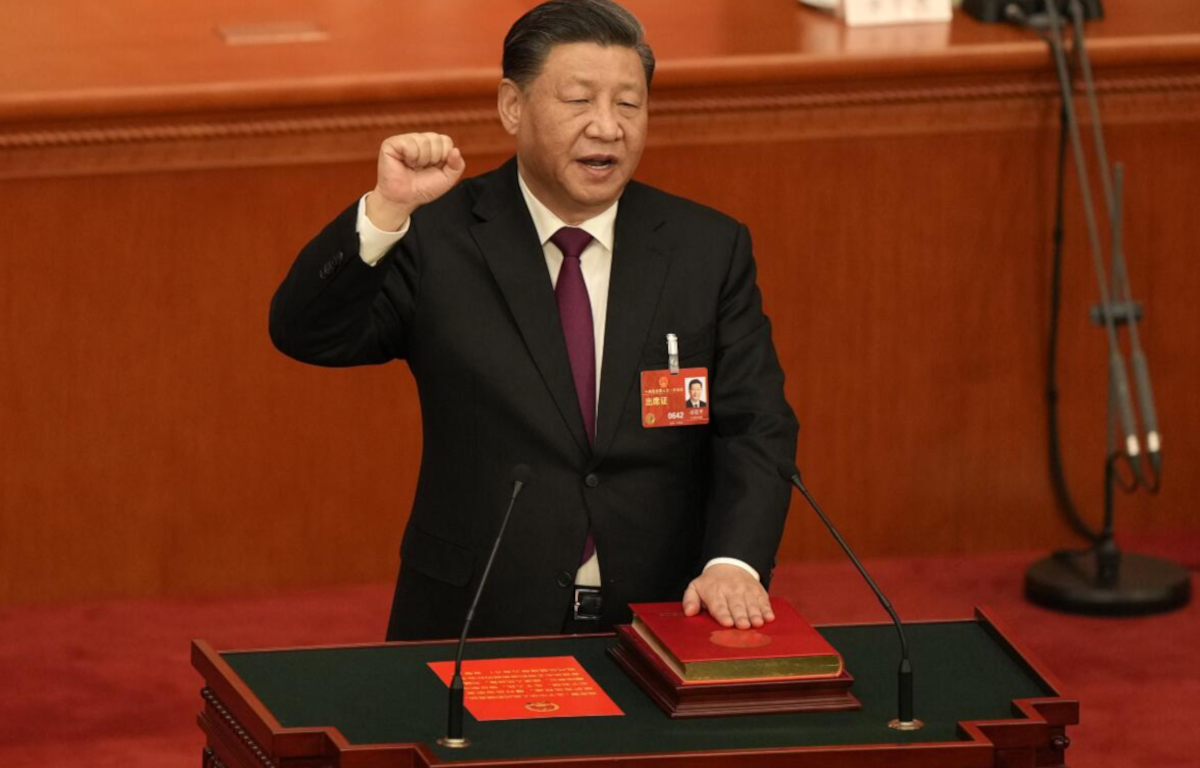
Historical precedents play a significant role in shaping Xi’s apprehension towards the military. China’s history is marked by instances of military insubordination, coups, and internal dissent. During the tumultuous Cultural Revolution, the PLA developed an independent power base, fostering mistrust among the party leadership. These historical lessons make Xi cautious about empowering the PLA too much, as it might challenge his authority.
Xi Jinping’s consolidation of power is another key factor. He has centralized authority within himself, leaving little room for dissent. His anti-corruption campaign, which has targeted high-ranking military officials, is seen as an attempt to eliminate potential rivals within the PLA. This campaign has undoubtedly created tensions and distrust within the ranks.
Loyalty is a paramount expectation within the Chinese Communist Party. While the PLA is expected to be loyal to the party, loyalty to individual leaders can vary. Xi may be concerned that elements within the military might prioritize their own interests over the party’s directives, potentially undermining his authority.
Modernization and professionalism are central to Xi’s vision for the PLA. He seeks to transform it into a world-class military force capable of challenging the United States. However, this drive for modernization has also exposed instances of incompetence and corruption within the military ranks, eroding trust.
Xi has restructured the PLA’s command and control systems, streamlining decision-making processes to enhance efficiency. However, this centralization of authority also means that ultimate power rests with him. The fear of a potential military coup or rebellion may be a reason behind his cautious approach.
Xi Jinping’s long-term vision for China’s role in the world demands unwavering commitment from the military to realize his strategic objectives. Any hint of conflicting ideas or interests within the PLA could disrupt his plans, leading to his reluctance to fully trust the military’s alignment with his vision.
Lastly, external threats and challenges, such as territorial disputes and competition with the United States, require Xi to maintain a firm grip on the military. He may fear that any actions by elements within the PLA that could escalate tensions or trigger conflicts unintentionally might compromise China’s strategic position on the global stage.
The People’s Liberation Army remains a critical element of China’s power and security apparatus, Xi Jinping’s mistrust of his own military is deeply rooted in historical lessons, power consolidation, concerns about loyalty, the imperative of modernization and professionalism, command and control considerations, alignment with his vision, and the need to navigate external threats. The complex relationship between Xi and the PLA will continue to be a closely monitored aspect of Chinese politics and military affairs as China asserts itself on the world stage.










Share this: